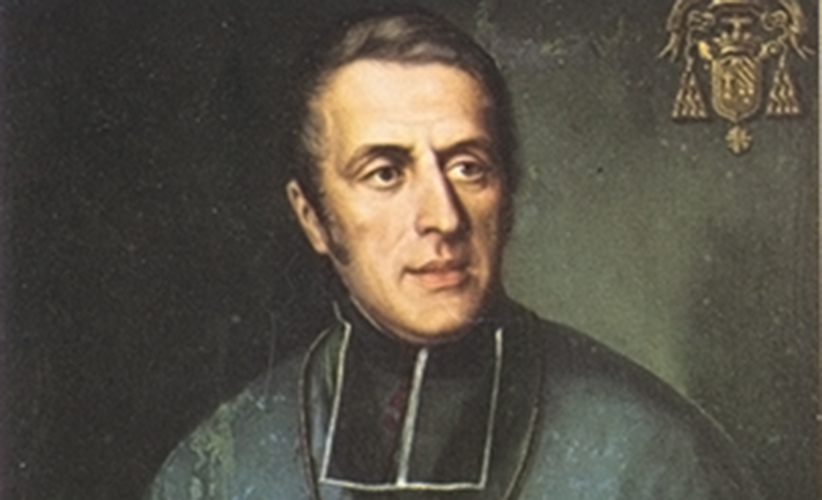Ever wonder what happens when someone trades a life of luxury for one of service? That’s exactly what Eugene de Mazenod did in 19th century France. This is part of his story.
Born into French nobility in 1782, Eugene de Mazenod could have lived a comfortable life of privilege. Instead, he chose a path that would lead him to become one of the Catholic Church’s most impactful reformers and the founder of a worldwide missionary movement.
As a kid, Eugene’s life was turned upside down by the French Revolution. His family fled to Italy when he was just eight years old, living as refugees for 11 years. You might think this would make someone bitter, but for Eugene, it planted the seeds of understanding what it meant to be an outsider and someone in need.
When he finally returned to France as a young man, Eugene was shocked by what he saw. The Revolution had left the Catholic Church in shambles, and the poor were being completely neglected. While his peers were busy rebuilding their fortunes, Eugene made a radical choice: he became a priest and dedicated himself to serving those whom society had forgotten.
What made Eugene stand out was his approach. He didn’t just preach from a pulpit – he went directly to the people. He learned to speak the local Provençal dialect so he could communicate with workers and servants who didn’t understand formal French. He organized missions and services specifically for domestic workers, peasants, and prisoners. He even risked his life caring for plague victims during an epidemic.
In 1816, Eugene founded the Missionary Oblates of Mary Immaculate, a group of priests dedicated to serving the poor. Today, this organization continues his work in over 60 countries, focusing on social justice, education, and healthcare for marginalized communities.
What’s particularly relevant for young people today is Eugene’s message about authentic living. He believed that true fulfillment comes not from pursuing wealth or status, but from using whatever privileges and talents you have to serve others. He challenged the social norms of his time, choosing to sit with prisoners and teach poor children rather than attend noble gatherings.
Eugene became Bishop of Marseilles in 1837, but he never lost his connection with ordinary people. He continued visiting prisons, caring for the sick, and advocating for workers’ rights until his death in 1861. The Catholic Church canonized him as a saint in 1995, recognizing his lifetime of service to others.
In our world of increasing inequality and social division, Eugene de Mazenod’s life raises some interesting questions: How do we use our own privileges and advantages? What responsibilities do we have to those with less? His story shows that sometimes the most revolutionary act is simply choosing to see and serve those whom society overlooks.
Eugene’s fundamental message resonates: real change starts when we step outside our comfort zones and engage with people different from ourselves. It’s about using whatever resources and talents we have to make a positive difference in others’ lives.
Eugene de Mazenod’s legacy continues today through thousands of Oblate missionaries worldwide, reminding us that one person’s choice to serve others can create ripples of positive change that last for generations.


